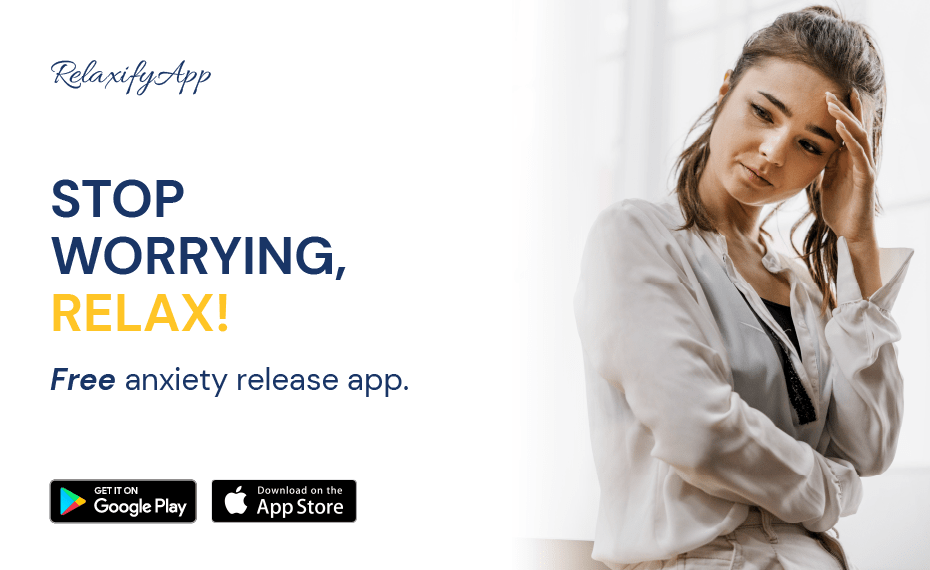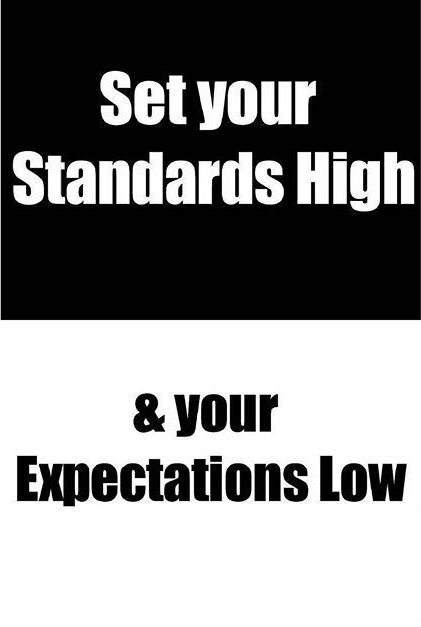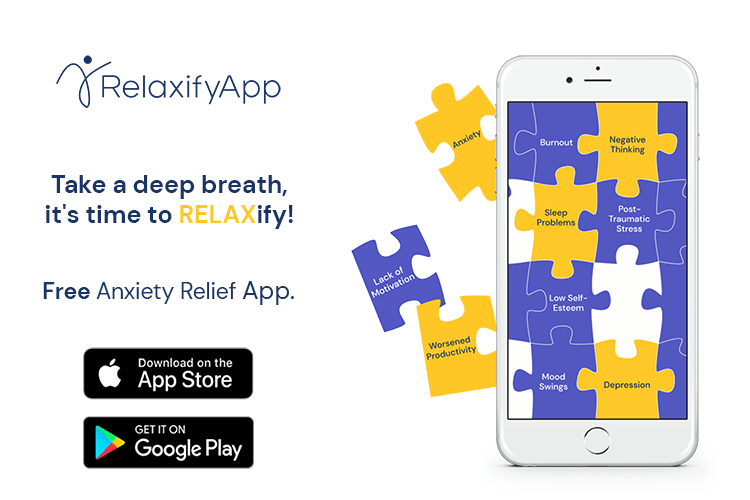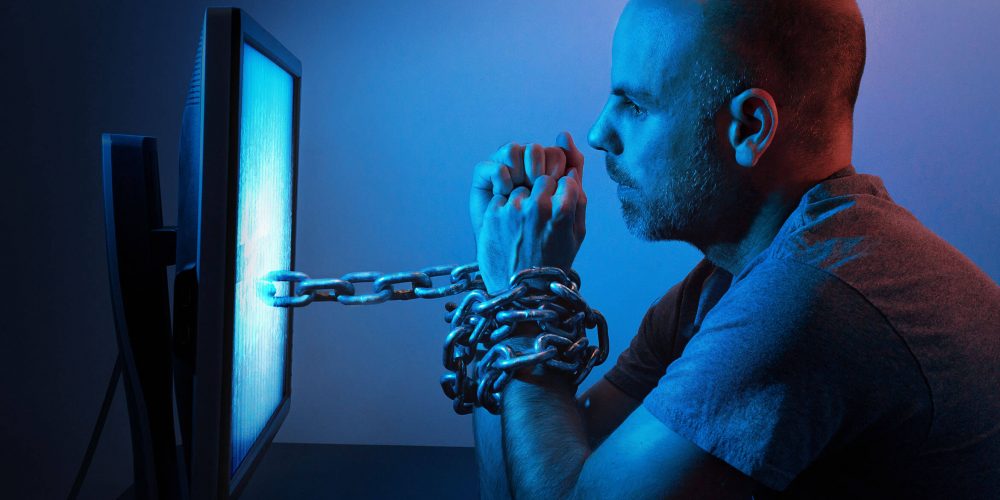The Simple Pleasures in Life: Your Everyday Happiness Guide
Have you ever heard about intentional living? Except for core values, standards, and beliefs, it is about the ability to look out for the simple pleasures in life – all those little things that make life more magical, meaningful, deep, and fulfilling.
These simple pleasures in life can inspire us, keep us charged with vitality, and make us feel genuine delight and satisfaction. So below, we are digging a bit deeper into why and how we should intentionally let ourselves love the world every now and then.
Is Happiness Something Extraordinary?
More often than not, people create a vision of happiness in their heads – an image or a “perfect-case” scenario taken out of a fantasy or a romantic novel. We know exactly what happiness should be like… But it seems like we have forgotten what it truly is.
We usually tend to aim for big, powerful, large-scale events in order to be delighted in life. But, as a result, we overlook the simple pleasures that surround us – ever expecting something tremendous and ever neglecting all that’s left.
So, do we know how to be happy in everyday life? Or else put – can we be happy if nothing super intriguing and fascinating happens in our day-to-day lives?
The paragraphs below are a kind reminder to seek out simple pleasures in life. This means you don’t have to experience extraordinary, large-scale events in order to be comfortable with yourself and feel fulfilled.
What’s Considered a Simple Pleasure?
Let’s say you buy something very common and typical for breakfast – like eggs, for example. You will feel nothing truly special, right? Eating eggs four times a week has already exhausted your fascination, and you’re considering it nothing but a dull routine.
But suppose you buy some caviar for breakfast. In that case, you will be having something rare, exotic, and different, which will bring you happiness and satisfaction; you will feel like you are a successful person even if you are not currently working.
The same thinking pattern is applied at large-scale events like getting married, buying a house, and career growth – we are happy only during the period of these events. As a result, we are deeply pleased only when something extraordinary happens. And if not – we tend to feel miserable, unsuccessful, and unhappy. This is among the main problems in thinking patterns, leading to anxiety and depression.
A simple pleasure, on the other hand, is a great pleasure for you and not necessarily a significant one for others. It doesn’t need to receive a collective acknowledgment, and sometimes, it can’t even be communicated – it is a brief delight you feel inside of you that bright up your day.
This pleasure may look very brief and simple – like eating a strawberry, having a nap, seeing a rainbow, smiling at a stranger as you are passing by, or scanning childhood photos. Yet, these sorts of things may be among the most moving and satisfying ones we can ever experience.
What Are Examples of Simple Pleasures in Life?
People can be deeply moved by different small details that mean nothing to others. So, there is no such thing as a universal list of simple pleasures that go equally well for everyone.
Anyway, there are quite a lot of repetitive delights that people share, and some of them could be:
- Popping bubble wrap
- Seeing a rainbow
- Walking on a beach
- The first sip of coffee
- Cuddling
- Enjoying a meal
- Cleaning up a mirror
- Looking at the clouds
- Having a warm aromatic bath
- Listening to the rain
- Sneezing
- Watching a good movie by yourself
- Afternoon naps
- Lighting a candle
- Painting or writing
- Being called beautiful
- Smelling clean sheets
- Sleeping an extra hour
- Talking to a grandparent
- Someone playing with your hair
- Discovering a new favorite song
- A spontaneous haircut
- A perfectly sharpened pencil
- A great hair day
- The warm breeze, etc.
This list is potentially limitless. There are many simple pleasures in this world to be happy about, and it’s absolutely okay to find yours – even if it has nothing to do with others’.
Why are Simple Pleasures in Life Important?
Often, when we are feeling stressed out, or life gets really, really busy, the first thing that goes out of the window is looking out for those simple pleasures. We forget how important they actually are and as time goes by, we even stop noticing them. (1)
But when we stop detecting all the good things, we start noticing all the bad things instead. They start to slowly build up and bring us more stress and anxiety. We see the world as a very negative place. We become very negative, defensive, and skeptical. Often, we start subconsciously looking for things that are not favorable, which can spiral our lives down into a very gloomy loop.
When we consider positive things, obviously, our life gets a more optimistic focus than when we focus on negative things. So to protect ourselves from habitual negativity, we need to be more self-aware and start noticing when our life is headed toward that negative spiral.
Then we have to do our best to push ourselves to the positive side. To do that, we can use the power of these simple little pleasures, which means we need to make it a priority to consciously think about them.
We can go outside and search for the little things surrounding us at any given time. We need to open up our senses so that we can enjoy these little everyday blessings. They are always there. It is up to you if you can see and cherish them as often as you deserve to.
Once we train our brain to do this, it will really shift our whole paradigm. People who can look out for simple pleasures and enjoy them have more meaning, depth, and happiness in their lives.
Or Else Said…
Being able to appreciate small pleasures means trusting our own responses a little more. That means we don’t need to wait for everything interesting and charming for us to be approved and appreciated the same way by others. Instead, we have to trust our senses, open up to the muted signals we feel, and allow ourselves to relish the little life treats without worrying if they make sense to others.
At the end of the day, one of the best things you can do for yourself is to bring your conscious awareness to seek out these experiences, enjoy them, and appreciate them. Soon, you will notice the level of satisfaction in your life will go up to an incredibly elevated span. Staying in this positive mind space will help you continue on the path of your goals and feel much more motivated and fulfilled.








